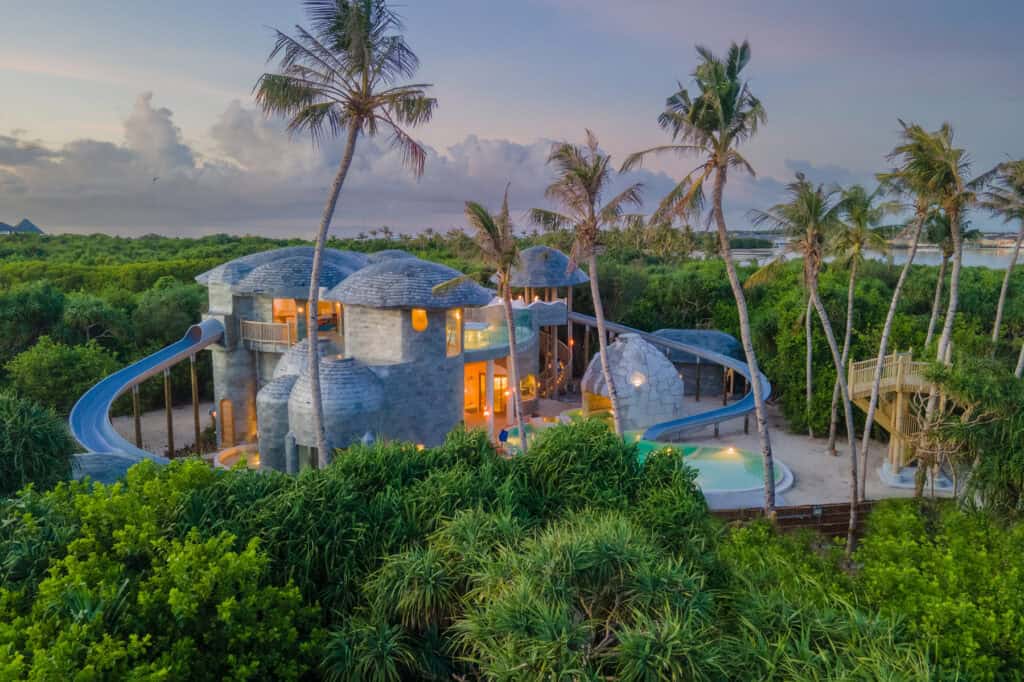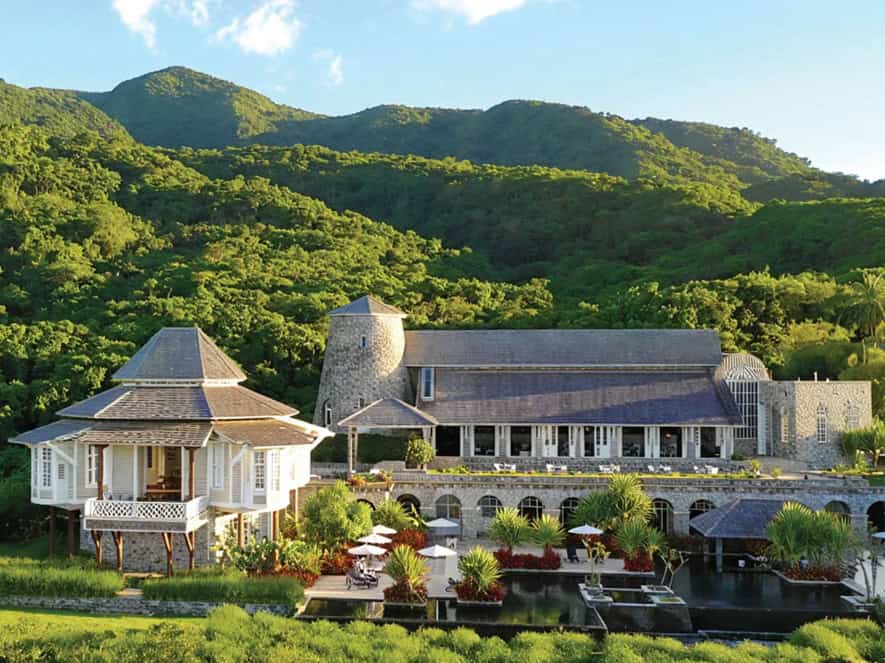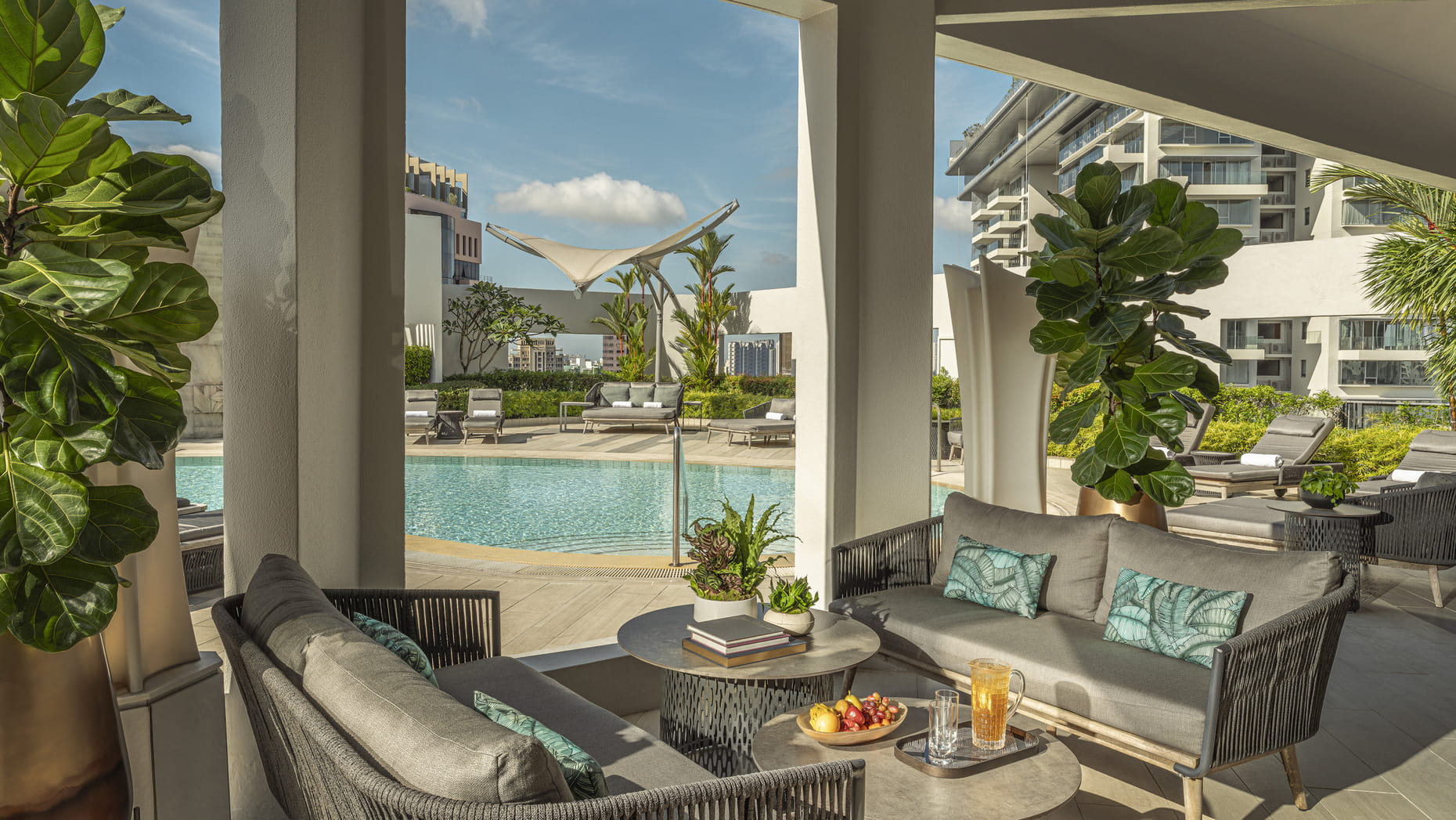Founded by Singaporean serial entrepreneur and business tycoon Frederick Chavalit Tsao, Sangha Retreat by Octave was one of the most exciting wellness openings of 2018. A boutique retreat just outside of Suzhou, China, the resort blends the best of city accessibility and an immersive nature backdrop, offering a mix of relaxing spa therapies, fitness activities and mindfulness sessions. A year and a half in, the retreat is stepping up the ante with a new Quantum Leadership wellness programme and an expansion from the Chinese market to the international sphere. Joining the resort earlier this year as Spa Director, Jamie Warring brings over 30 years of wellness experience and luxury hospitality to the team after senior roles in Holmes Place, David Lloyd, Karma Resorts and Six Senses Hotels and Resorts. Compare Retreats sat down with Jamie at the Global Wellness Summit 2019 to chat about how science and TCM are merging in Sangha Retreat’s spa.
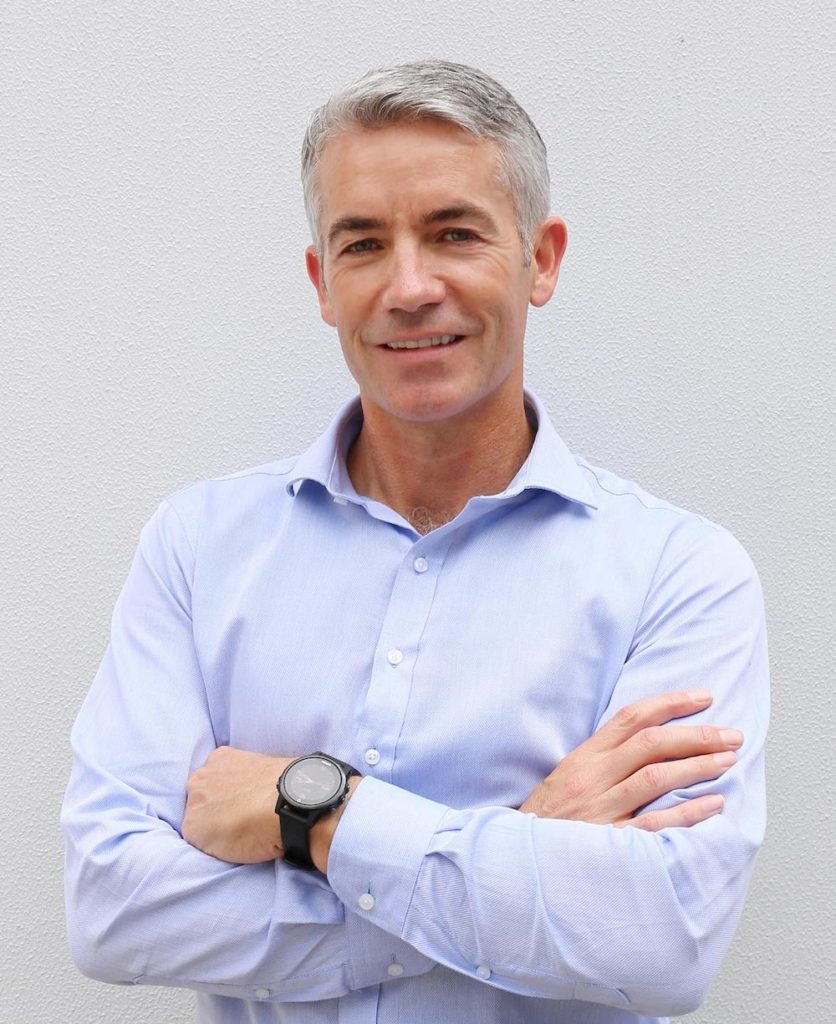
What brought you to Sangha? I was working on a giga-project in Jeddah in Saudi Arabia, when I was head-hunted to come to Sangha Retreat—I only started in May this year. Sangha Retreat was interesting to me because it brings together all my experiences: my personal passion for spirituality and wellness, as well as my career in luxury hospitality with wellness, which is kind of perfect.
How does sort of sustainability play a role in Sangha? I think in modern-day business, sustainability has to play a part. Without being too spiritual and hippie about it, if you’re talking about personal consciousness, you can’t leave out sustainability; you can’t leave out to the environment because if you raise your consciousness, you see that everything’s unified, it’s all one. Susie Ellis mentioned in her keynote something we always say as well: if my environment is not well, I can’t be well, and vice versa. The inner reflects the outer.
See also: The Best Luxury Wellness Retreats In China
What kind of wellness programmes do you offer at Sangha? We’re rooted in Traditional Chinese Medicine, that’s our heritage People are beginning to acknowledge there’s a reason why it’s 3000 years old: maybe there is something to it. In our rush to Westernisation or modernity, we sometimes say, “It’s so old, it’s not relevant,” but it’s completely relevant. The things they spoke about 3,000 years ago, we’re still talking about now. We offer so many modalities though, including a full Western medicine clinic with Western doctors, so we can actually do a deep dive and give people a real data, if that’s what they’re looking for. We can give you a blood test, and understand your toxicity, look for any allergies you have, resistances, and then we can prescribe you a wellness programme based on this. On the less clinical side, we offer a lot of relaxation too: we have an amazing 65,000-square-foot subterranean spa. The exciting thing for us is bringing together these two populations—really academic scientists with hippie healers, coming in and having conversations. That’s what Sangha is about really, we’re embracing all these things. And now we also offer the Quantum Leadership programme.
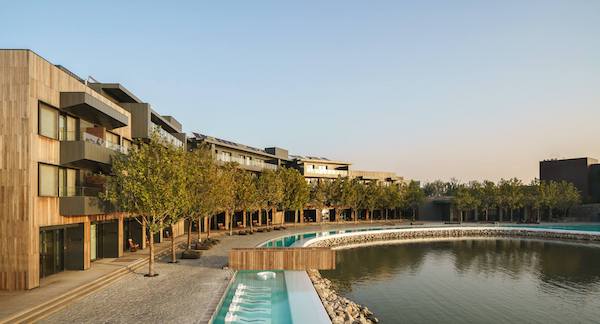
What exactly is ‘Quantum’ Leadership and how did it end up at Sangha? Basically, the founder Fredrick Tsao read this book on quantum leadership—it’s using the word ‘quantum’, but it’s really a bit of a kind of metaphor for spirituality or energy. Quantum just means really subatomic—as small as you can get—and in the last hundred years, they’ve been using it to prove that there’s actually a materiality to consciousness. So in the past, you have spirituality or energy treatments, it’s a personal experience, you can feel a difference—but if scientists said to you, show me the proof or the data, in the past you couldn’t. For example, with TCM, it’s all meridians and Qi energy. How can you measure that? What’s happening now with quantum science is they’re proving there’s a materiality to consciousness.
What is the Quantum Leadership Programme? We all love the idea of contributing to the world, whether its through relationships or families or jobs. But the truth is if you want to do it properly, you have to first of all look at yourself: it’s an inward journey first. One of the biggest elements we talk about on the programme is alignment, so first of all, aligning with yourself, which goes back again to the environmental aspect. First of all, a personal environment; then the greater environment, it’s all linked. The Quantum Leadership Programme is really about consciousness, so it includes all of these [yoga, meditation, fitness, outdoor activities] things. It’s all these modalities, mindfulness and energetic treatments, as well as the mundane like nutrition and exercise. The challenge is that it sounds very academic and scientific, but it’s actually a lot of fun, truly holistic.
See also: The Ultimate Wellness Guide To Singapore
Sangha is both an urban and nature-orientated retreat: how does the environment affect the experience of Sangha? The retreat is urban in the sense that we’re only 15 minutes away from Suzhou city centre and 25 minutes from Shanghai on a bullet train, but we’re also on Yangcheng Lake, we’re on canals, in an area that gets called the Venice of the East. So it feels like a complete sanctuary, it feels remotes but you’re not. People can have both experiences, so if people want to do some cultural thing or for shopping, that’s all available, but once you’re actually in Sangha’s resort area it feels quite removed, which is really nice for a wellness break. The area gives you a really authentic experience, it’s ancient China. I’m really enjoying being in Suzhou: it has the highest GDP in the whole of China, so it has a very high quality of life. I find the perception of China is very different than the reality.
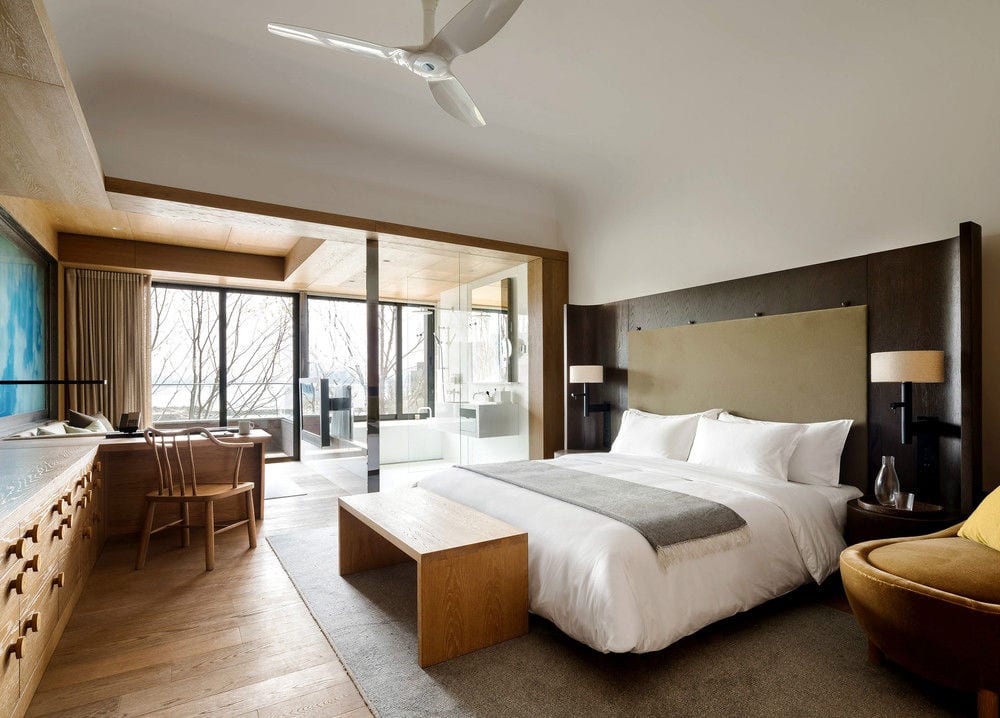
In what ways does the design of the resort incorporate wellness principles? The retreat was designed by Fred’s brother, Calvin Tsao, an award-winning architect based in New York. He does a lot of celebrity homes, he’s very high profile, so while he designed Sangha with Feng Shui principles, and it all looks beautifully, in the back of house, we’re using very high-tech equipment to make sure that we’re efficient in how we use energy, we have certain systems, processes and policies in regards to how we operate. All the materials we used in the design were local materials, like reclaimed timber or reclaimed stone. Everything here is done thoughtfully with as little environmental impact as possible.
You’ve lived and worked in multiple different countries, regions and continents. Where’s your favourite place to live a healthy lifestyle? It’s difficult to compare. My wife’s Australian, I like Australia from a lifestyle point of view. I’m sporty, and I like to be outside, so Australia is a good balance for me because the climate is pretty good. One of the key drivers for me to leave London was the weather. It depends on what you like, but for me, I like nature and I like outdoor living. And Australia is still pretty unpopulated—you can enjoy so much space there.

